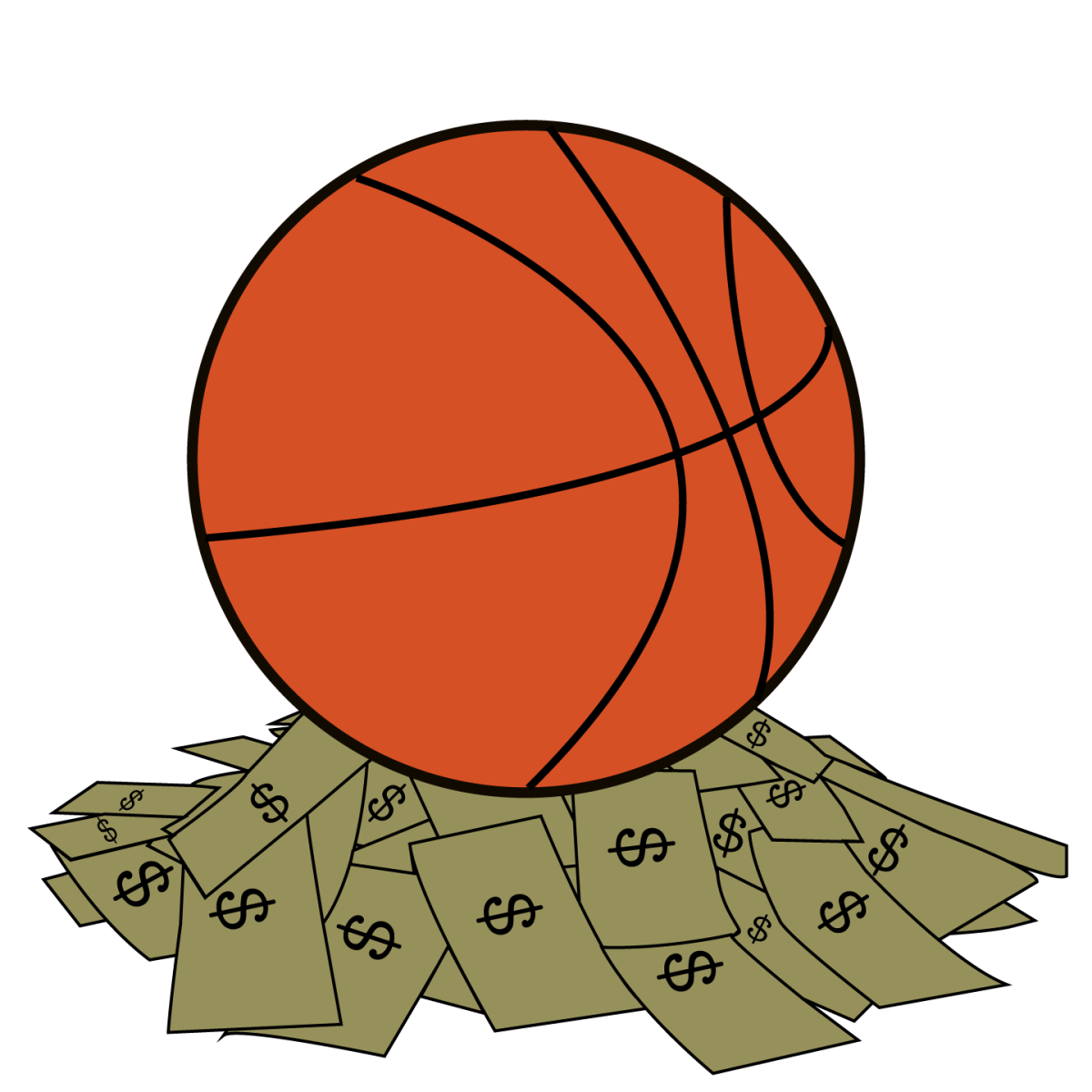As the excitement of March Madness swept the nation, so did the surge in online sports betting.
An estimated $3 billion was bet on the 2024 NCAA March Madness tournament.
This year marked the sixth consecutive year of expansion in the number of states permitting legal sports gambling since the previous March Madness tournament, with a total of 38 states and Washington, D.C., offering a range of legalized betting options.
However, California’s absence from this list is conspicuous as betting on sports remains prohibited in the state.
Despite efforts by some state legislators to push forward new legislation on the November 2022 ballot, propositions aiming to legalize sports betting both in-person at tribal casinos and online were decisively rejected by Californians. The opposition from local tribes and advocacy groups has proven to be a significant barrier to the path toward legalization.
Many college students in California, including some at San Diego State University, engage in sports betting throughout the year and continued doing so throughout this year’s March Madness, despite its illegal status.
Maxwell Orkin, a fourth-year sociology major, acknowledges the illegality of sports gambling in the state but highlights that there are some apps, such as Underdog Fantasy, that provide him and his peers with legal avenues for betting on both collegiate and professional sports.
Echoing this stance, Patrick Turner, a fourth-year Management Information Systems major, underscores the appeal of potential profits and the heightened excitement that sports betting adds to watching games
“Games that would typically not interest me before now become much more interesting because of the betting aspect,” Turner said.
Fortunately, for students like Orkin and Turner, Underdog Fantasy and other daily fantasy sports (DFS) platforms operate legally in California due to the absence of direct laws categorizing DFS as gambling.
DFS, unlike traditional fantasy sports leagues, involves drafting virtual teams of real athletes and competing based on their actual game performances — typically lasting just a day or week. These contests offer more frequent drafting and betting opportunities and differ from traditional leagues in roster management, waivers, payouts and scoring criteria.
According to Orkin, he has made a profit of roughly $300 through DFS platforms this semester and is looking forward to betting throughout March Madness.
The NCAA’s restrictions on sports betting are straightforward, yet despite this clarity, some student-athletes still choose to take the risk and engage in illegal sports betting.
Recent cases involving gambling at Iowa and Iowa State illustrate this trend. Both universities have publicly acknowledged recent instances where athletes across multiple sports are suspected of violating NCAA gambling-related regulations. Additionally, Alabama baseball coach, Brad Bohannon, was fired in March following allegations of illegal betting activity on an Alabama-LSU game.
In September 2023, the Mountain West Conference took a pivotal step to protect the integrity of collegiate sports by partnering with the U.S. Integrity (USI), becoming one of the first organizations to utilize USI’s ProhiBet platform.
USI’s ProhiBet platform serves as a compliance solution tailored for operators to help identify and flag individuals who are prohibited from betting.
Some sports betting companies are also turning to the use of artificial intelligence to identify individuals who exhibit concerning betting behaviors.
Mindway AI, a widely praised software for promoting safer gambling, combines neuroscience, AI and expert evaluations to address and prevent gambling-related harms. Collaborating with operators and industry leaders, the software aims to enhance player protection in the gambling industry.
Last year, the revenue from legalized sports betting exceeded $10 billion, underscoring the significant expansion of this industry. While many view gambling as a source of entertainment, for some, it may escalate into addictive habits with physical and psychological harm.
For more information and resources on addictive behaviors, including gambling addictions, individuals can visit SDSU’s Collegiate Recovery Program, which provides assistance to students.










